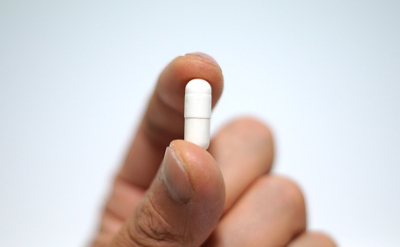Pandemic-driven demand for hydroxychloroquine (HCQ) contributed to shortages of the antimalarial for patients with systemic lupus erythematosus (SLE) in several parts of the world, according to an international survey of lupus clinics.
"HCQ access issues for patients with SLE occurred in multiple countries and continents during the COVID-19 pandemic," Dr. Arielle Mendel of McGill University Health Centre in Montreal and colleagues report in Annals of the Rheumatic Diseases. "Because SLE can flare as little as 2 weeks after HCQ cessation, further study of outcomes among patients who lost access to HCQ during the pandemic is warranted."

While HCQ has been touted as a treatment for COVID-19, more than 100 clinical trials to date have not demonstrated efficacy, Dr. Mendel and her team note. Following up on rheumatologists' reports of HCQ shortages in most provinces of Canada, they surveyed 42 SLE International Collaborating Clinics (SLICC) on whether their patients faced shortages of the drug. Thirty-one clinics from 13 of 15 countries participating in SLICC responded, most in North America and Europe.
Fifty-five percent of respondents reported previous or current HCQ shortages, and two-thirds reported being contacted by patients and pharmacists about problems with HCQ access. Seventeen rheumatologists estimated that a median of 40 patients per doctor and 15% of their SLE patients were affected by HCQ shortages.
Seven physicians reported that shortages ended in two to eight weeks, while physicians from Sweden, Denmark, Singapore and South Korea did not report problems with HCQ access for their patients.
Three physicians reported diversion of HCQ to hospitals, two diversion for clinical trials and one for off-label empiric prescribing, as regional factors that led to shortages.
Three-quarters of respondents said systemic efforts were undertaken to ensure HCQ access for SLE patients, including only allowing prescribing for specific diagnoses or specialties or limiting the amount that could be dispensed.
It's possible, the authors note, that restrictions could have affected SLE patients' access to the drugs as well.
"Currently, there is no substitution for antimalarials in SLE. HCQ reduces disease flares, damage and mortality, with fewer adverse effects compared with glucocorticoids and immunosuppressants," Dr. Mendel and colleagues write. "Regardless of the ultimate efficacy of HCQ for COVID-19, preserving patients' access to critical medications remains paramount."
Dr. Mendel was not available for an interview by press time.
SOURCE: https://bit.ly/2ZN2UNq Annals of the Rheumatic Diseases, online June 25, 2020.
